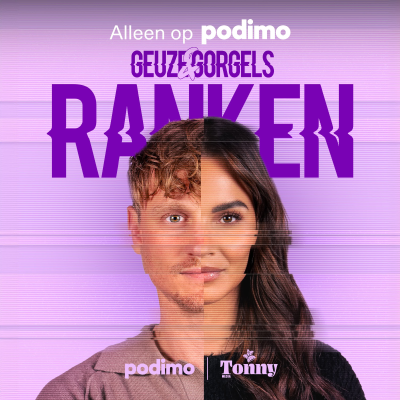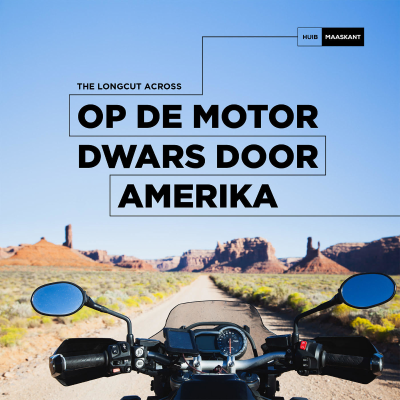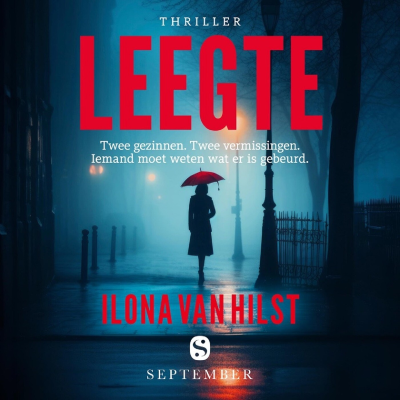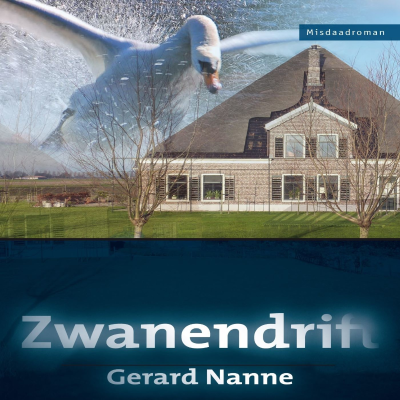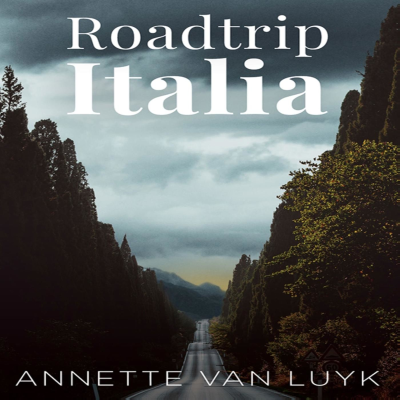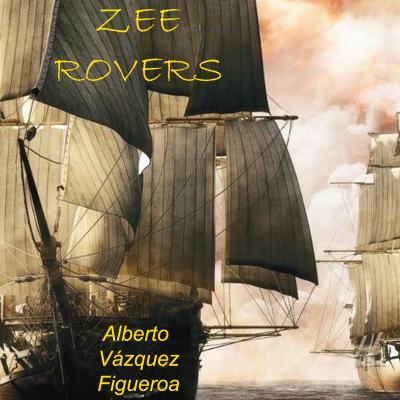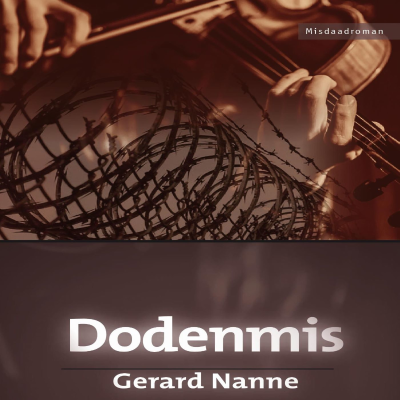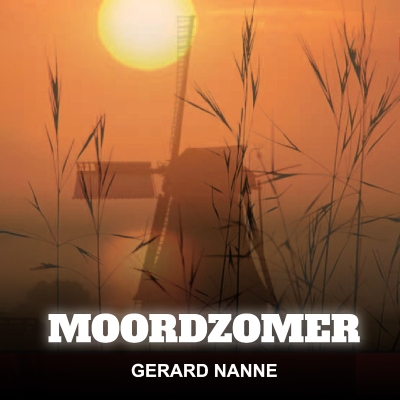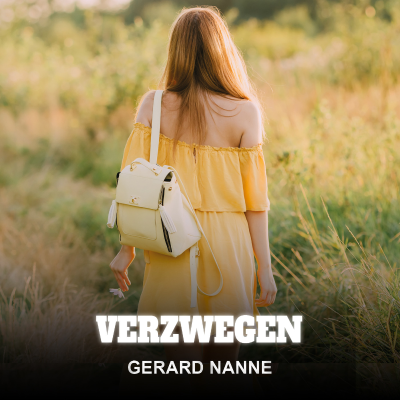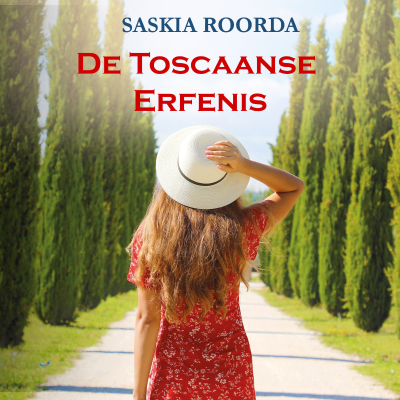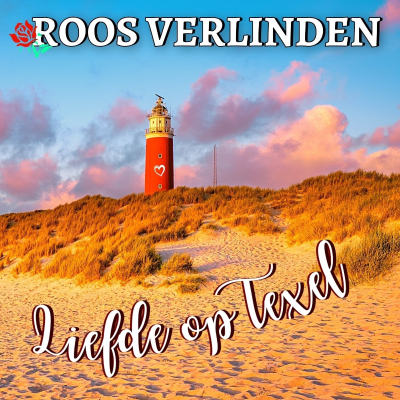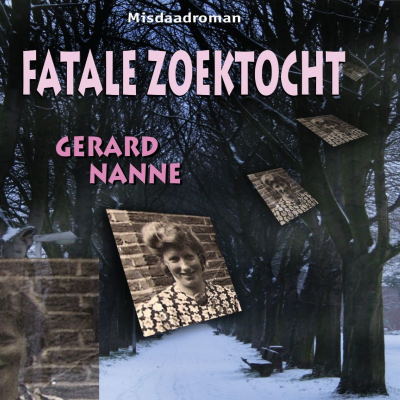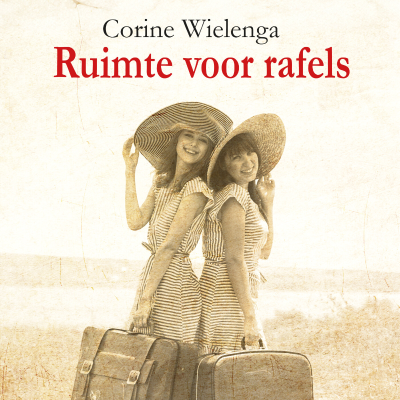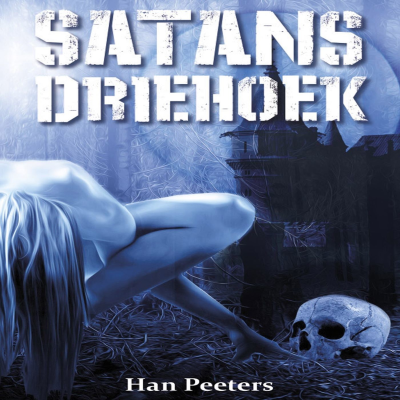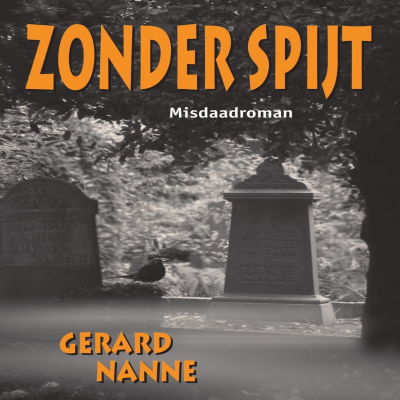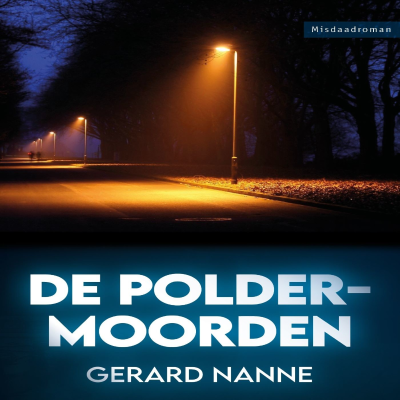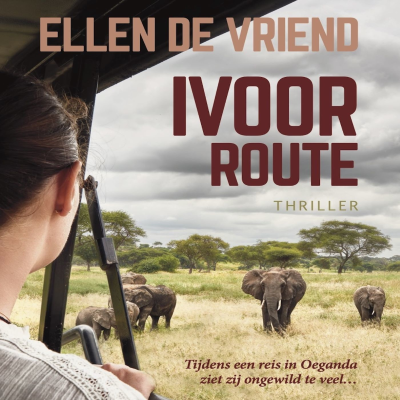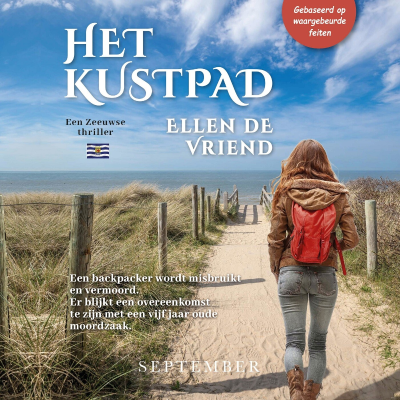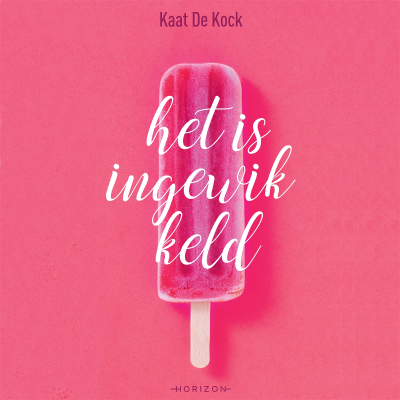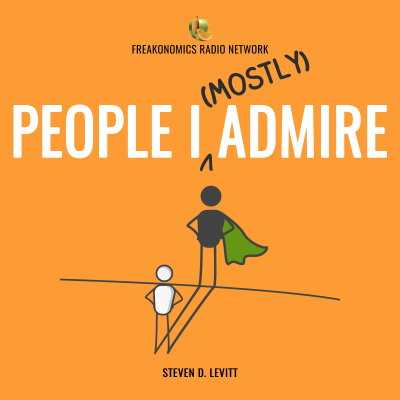
People I (Mostly) Admire
Engels
Persoonlijke verhalen & gesprekken
Tijdelijke aanbieding
1 maand voor € 1
Daarna € 9,99 / maandElk moment opzegbaar.
- 20 uur luisterboeken / maand
- Podcasts die je alleen op Podimo hoort
- Gratis podcasts
Over People I (Mostly) Admire
Freakonomics co-author Steve Levitt tracks down other high achievers for surprising, revealing conversations about their lives and obsessions. Join Levitt as he goes through the most interesting midlife crisis you’ve ever heard — and learn how a renegade sheriff is transforming Chicago's jail, how a biologist is finding the secrets of evolution in the Arctic tundra, and how a trivia champion memorized 160,000 flashcards. To get every show in the Freakonomics Radio Network without ads and a monthly bonus episode of Freakonomics Radio, start a free trial for SiriusXM Podcasts+ on Apple Podcasts or by visiting siriusxm.com/podcastsplus.
Alle afleveringen
208 afleveringenNinety-Eight Years of Economic Wisdom (Replay)
The late Robert Solow was a giant among economists. When he was 98 years old he told Steve about cracking German codes in World War II, why it’s so hard to reduce inequality, and how his field lost its way. * SOURCES: * Robert Solow [https://ide.mit.edu/people/robert-solow/], professor emeritus of economics at the Massachusetts Institute of Technology. * RESOURCES: * "Secrecy, Cigars, and a Venetian Wedding: How the P.G.A. Tour Made a Deal with Saudi Arabia [https://www.nytimes.com/2023/06/10/sports/golf/pga-liv-merger-monahan-rumayyan.html]," by Alan Blinder, Lauren Hirsch, Kevin Draper, and Kate Kelly (The New York Times, 2023). * "Global Assessment of Environmental-Economic Accounting and Supporting Statistics: 2020 [https://unstats.un.org/unsd/statcom/52nd-session/documents/BG-3f-2020_GA_report_%20draft_%20ver7_nomap-E.pdf]," by United Nations Committee of Experts on Environmental-Economic Accounting (2021). * "Where Modern Macroeconomics Went Wrong [https://academic.oup.com/oxrep/article/34/1-2/70/4781816]," by Joseph E. Stiglitz (Oxford Review of Economic Policy, 2015). * "As Inequality Grows, So Does the Political Influence of the Rich [https://www.economist.com/finance-and-economics/2018/07/21/as-inequality-grows-so-does-the-political-influence-of-the-rich]," (The Economist, 2018). * "Big Bang Financial Deregulation and Income Inequality: Evidence From U.K. and Japan [https://cepr.org/voxeu/columns/big-bang-financial-deregulation-and-income-inequality-evidence-uk-and-japan]," by Daniel Waldenstrom and Julia Tanndal (VoxEU, 2016). * "The Fall And Rise Of U.S. Inequality, In 2 Graphs [https://www.npr.org/sections/money/2015/02/11/384988128/the-fall-and-rise-of-u-s-inequality-in-2-graphs]," by Quoctrung Bui (Planet Money, 2015). * Nobel Prize Biographical, [https://www.nobelprize.org/prizes/economic-sciences/1987/solow/biographical/] by Robert Solow (1987). * Principles of Political Economy [https://amzn.to/3XpAI0L], by John Stuart Mills (1848). * EXTRAS: * "Is Economic Growth the Wrong Goal? (Update) [https://freakonomics.com/podcast/is-economic-growth-the-wrong-goal-update/]," by Freakonomics Radio (2023). Hosted by Simplecast, an AdsWizz company. See pcm.adswizz.com [https://pcm.adswizz.com] for information about our collection and use of personal data for advertising.
172. A New Kind of University
Michael Crow is the president of Arizona State University, which U.S. News & World Report has called the most innovative school in the country for 11 years running. He tells Steve about why higher education needs to change, and how A.S.U. is leading the way. Plus: Steve has an announcement about the podcast. * SOURCES: * Michael Crow [https://president.asu.edu/the-president], president of Arizona State University. * RESOURCES: * The Fifth Wave: The Evolution of American Higher Education [https://www.amazon.com/Fifth-Wave-Evolution-American-Education/dp/142143802X], by Michael Crow (2020). * "College Admissions Shocker! [https://www.nytimes.com/2016/03/30/opinion/college-admissions-shocker.html#:~:text=Some%20other%20college%20admissions%20shocker%20includes:%20*,his%20parents%20for%20his%20dashed%20Stanford%20dream.]," by Frank Bruni (New York Times, 2016). * New American University [https://newamericanuniversity.asu.edu/]. * Dreamscape Learn [https://www.dreamscapelearn.com/]. * University Innovation Alliance [https://theuia.org/]. * FYI.AI [https://fyi.ai/]. * EXTRAS: * "Chemistry, Evolved [https://freakonomics.com/podcast/chemistry-evolved/]," by People I (Mostly) Admire (2025). * "America’s Math Curriculum Doesn’t Add Up [https://freakonomics.com/podcast/americas-math-curriculum-doesnt-add-up/]," by People I (Mostly) Admire (2021). * Data Science 4 Everyone [https://www.datascience4everyone.org/]. Hosted by Simplecast, an AdsWizz company. See pcm.adswizz.com [https://pcm.adswizz.com] for information about our collection and use of personal data for advertising.
171. Measuring Pollution on Parallel Earths
Michael Greenstone knows it’s corny, but he wants to make the world a better place — by tracking the impact of air quality, developing pollution markets in India, and … starting a podcast, which Steve says proves he’s over the hill. * SOURCES: * Michael Greenstone [https://michaelgreenstone.com/], professor of economics at the University of Chicago. * RESOURCES: * "New evidence on the impact of sustained exposure to air pollution on life expectancy from China's Huai River Policy [https://www.pnas.org/doi/10.1073/pnas.1616784114]," by Avraham Ebenstein, Maoyong Fan, Michael Greenstone, Guojun He, and Maigeng Zhou (Proceedings of the National Academy of Sciences, 2017). * "Evidence on the impact of sustained exposure to air pollution on life expectancy from China's Huai River policy [https://www.pnas.org/doi/10.1073/pnas.1300018110]," by Yuyu Chen, Avraham Ebenstein, Michael Greenstone, and Hongbin Li (Proceedings of the National Academy of Sciences, 2013). * Shocked [https://podcasts.apple.com/us/podcast/shocked/id1831547336], podcast. * Air Quality Life Index (AQLI) [https://aqli.epic.uchicago.edu/indexMap]. * Emissions Market Accelerator [https://emissionsmarkets.org/]. * Tropical Forest Forever Facility (TFFF) [https://tfff.earth/]. * EXTRAS: * "This Is Your Brain on Pollution [https://freakonomics.com/podcast/this-is-your-brain-on-pollution/]," by Freakonomics Radio (2021). * "The Simple Economics of Saving the Amazon Rainforest [https://freakonomics.com/podcast/the-simple-economics-of-saving-the-amazon-rainforest/]", by People I (Mostly) Admire (2020). Hosted by Simplecast, an AdsWizz company. See pcm.adswizz.com [https://pcm.adswizz.com] for information about our collection and use of personal data for advertising.
Suleika Jaouad’s Survival Mechanisms (Replay)
Suleika Jaouad was diagnosed with cancer at 22. She made her illness the subject of a New York Times column and a memoir, Between Two Kingdoms. She and Steve talk about what it means to live with a potentially fatal illness, how to talk to people who've gone through a tragedy, and ways to encourage medical donations. * SOURCES: * Suleika Jaouad [https://www.suleikajaouad.com/], author. * RESOURCES: * The Book of Alchemy: A Creative Practice for an Inspired Life [https://www.amazon.com/Book-Alchemy-Creative-Practice-Inspired/dp/0593734637], by Suleika Jaouad (2025). * The Alchemy Journal [https://www.amazon.com/Alchemy-Journal-Suleika-Jaouad/dp/B0F2LWPBN6/ref=pd_lpo_d_sccl_1/132-4089519-2220308?pd_rd_w=IKuSb&content-id=amzn1.sym.4c8c52db-06f8-4e42-8e56-912796f2ea6c&pf_rd_p=4c8c52db-06f8-4e42-8e56-912796f2ea6c&pf_rd_r=RBS73T37NGNBMEZ99XDS&pd_rd_wg=vVniW&pd_rd_r=c53fed5c-4d3e-4ae2-81b5-f6e4797586a9&pd_rd_i=B0F2LWPBN6&psc=1], by Suleika Jaouad (2025). * “The Art of Survival [https://www.theatlantic.com/magazine/archive/2024/06/suleika-jaouad-writer-health-cancer/678210/],” by Jennifer Senior (The Atlantic, 2024). * American Symphony [https://www.netflix.com/title/81728930], film by Matthew Heineman (2023). * Between Two Kingdoms: A Memoir of a Life Interrupted [https://amzn.to/3QZt2jF], by Suleika Jaouad (2021). * “Max Ritvo, Poet Who Chronicled His Cancer Fight, Dies at 25 [https://www.nytimes.com/2016/08/27/books/max-ritvo-poet-who-chronicled-his-cancer-fight-dies-at-25.html],” by John Schwartz (The New York Times, 2016). * “Life, Interrupted [https://archive.nytimes.com/well.blogs.nytimes.com/author/suleika-jaouad/],” column by Suleika Jaouad (The New York Times, 2012-2015). * The Fault in Our Stars [https://amzn.to/44X9m5N], by John Green (2012). * Bright-sided: How Positive Thinking Is Undermining America [https://amzn.to/3UXLLgR], by Barbara Ehrenreich (2009). * The Isolation Journals [https://theisolationjournals.substack.com/], newsletter by Suleika Jaouad. * EXTRAS: * “John Green’s Reluctant Rocket Ship Ride [https://freakonomics.com/podcast/john-greens-reluctant-rocket-ship-ride/],” by People I (Mostly) Admire (2022). * “Does Death Have to Be a Death Sentence? [https://freakonomics.com/podcast/does-death-have-to-be-a-death-sentence/]” by People I (Mostly) Admire (2022). Hosted by Simplecast, an AdsWizz company. See pcm.adswizz.com [https://pcm.adswizz.com] for information about our collection and use of personal data for advertising.
170. Finding the God Particle
Physicist and former pop star Brian Cox tells Steve about discovering the Higgs boson, having a number-one hit, and why particle physics research will almost certainly not create a black hole that destroys all life on earth. * SOURCES: * Brian Cox [https://briancoxlive.co.uk/], physicist at the University of Manchester. * RESOURCES: * Black Holes: The Key to Understanding the Universe [https://www.amazon.com/Black-Holes-Key-Understanding-Universe/dp/0062936697], by Brian Cox and Jeff Forshaw (2023). * "Higgs10: The Higgs boson and the rise of the Standard Model of Particle Physics in the 1970s [https://home.cern/news/series/higgs10/higgs10-higgs-boson-and-rise-standard-model-particle-physics-1970s]," by John Ellis (CERN, 2022). * Out of Silence, [https://www.amazon.com/Out-Silence-Dare/dp/B000006Y10] by Dare (2004). * "WW scattering at the LHC [https://cds.cern.ch/record/535124/files/0201098.pdf]," by J. M. Butterworth, Brian Cox, and J. R. Forshaw (CERN, 2002). * A Brief History of Time [https://www.amazon.com/Brief-History-Time-Stephen-Hawking/dp/0553380168], by Stephen Hawking (1998). * "Gravitational Collapse and Space-Time Singularities [https://journals.aps.org/prl/abstract/10.1103/PhysRevLett.14.57]," by Roger Penrose (Physical Review Letters, 1965). * "The Value of Science [https://dn790007.ca.archive.org/0/items/feynman_201604/feynman.pdf]," by Richard P. Feynman (Internet Archive, 1955). * "Brian Cox Live [https://briancoxlive.co.uk/]." Hosted by Simplecast, an AdsWizz company. See pcm.adswizz.com [https://pcm.adswizz.com] for information about our collection and use of personal data for advertising.
Kies je abonnement
Tijdelijke aanbieding
Premium
20 uur aan luisterboeken
Podcasts die je alleen op Podimo hoort
Gratis podcasts
Elk moment opzegbaar
1 maand voor € 1
Daarna € 9,99 / maand
Premium Plus
Onbeperkt luisterboeken
Podcasts die je alleen op Podimo hoort
Gratis podcasts
Elk moment opzegbaar
Probeer 30 dagen gratis
Daarna € 11,99 / month
1 maand voor € 1. Daarna € 9,99 / maand. Elk moment opzegbaar.





